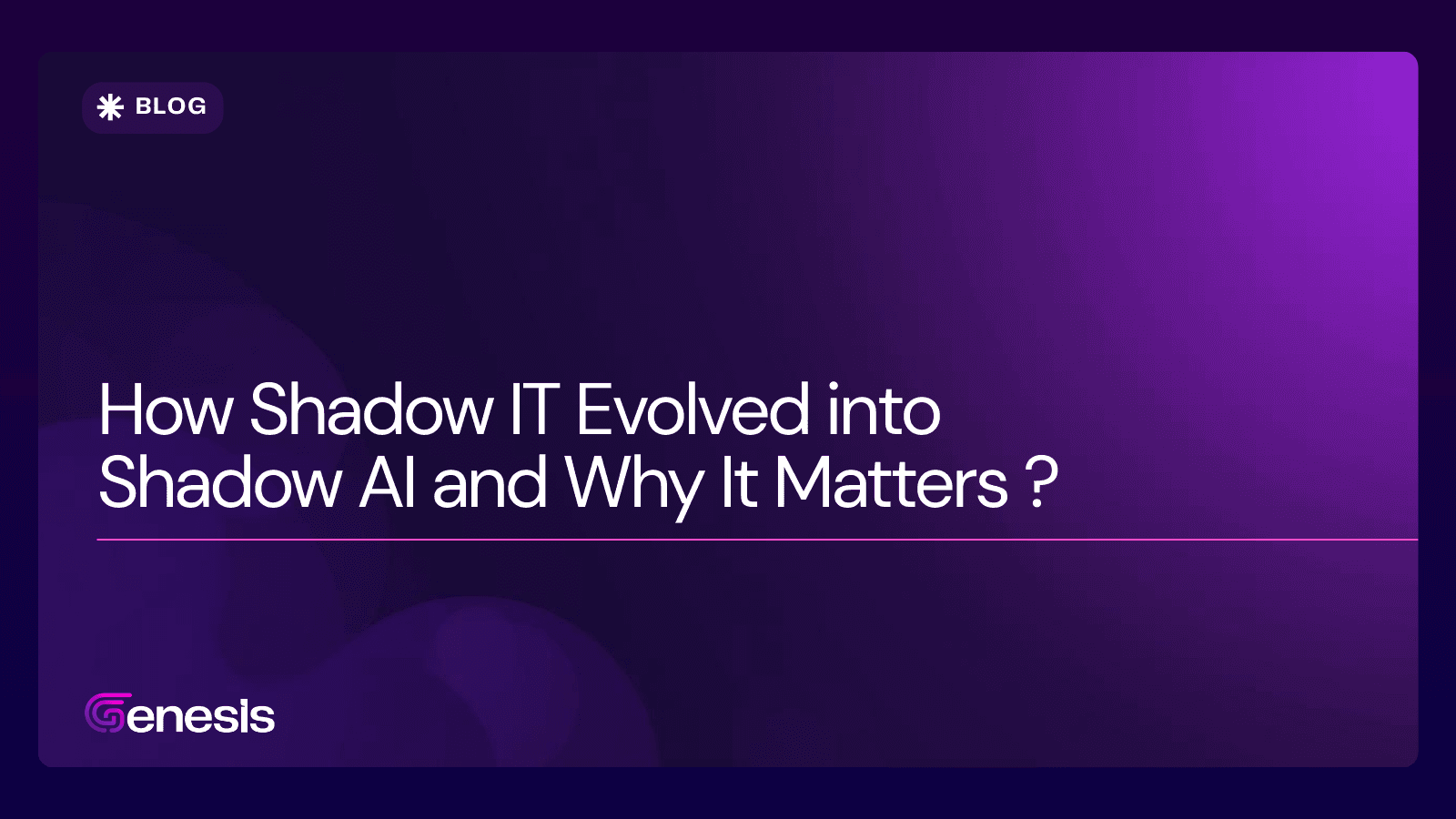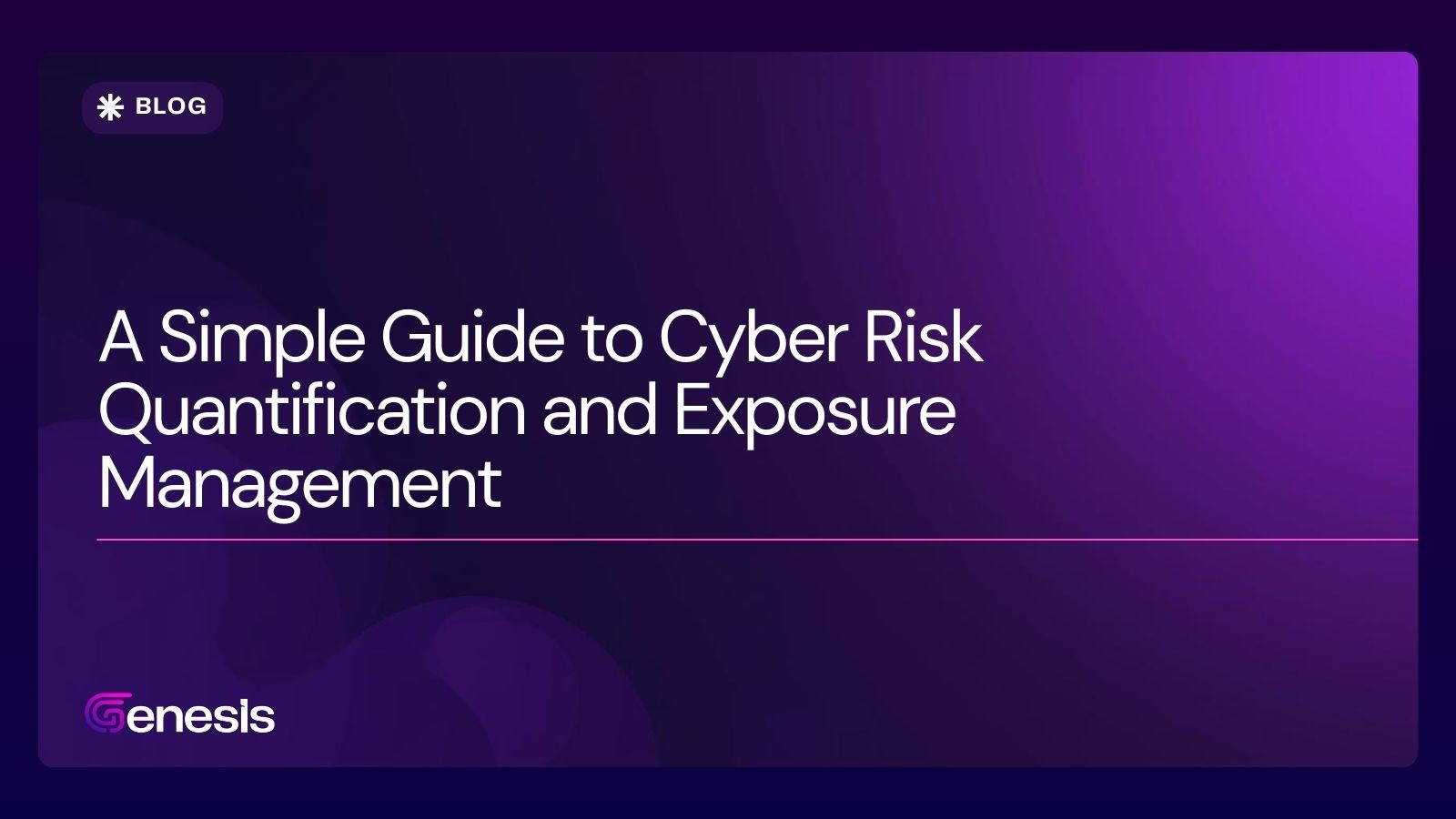Jan 1, 2024

Tanay Rai
The recent cybersecurity incident involving Change Healthcare and the BlackCat ransomware group resulted in Change Healthcare paying $22 million, highlighting the ethical dilemmas that organizations face when victimized by ransomware.
The Actors:
Change Healthcare: A major player in healthcare IT, providing services such as revenue cycle management, payment accuracy, and clinical decision support. With its vast data, it becomes a valuable target for cybercriminals.
BlackCat (ALPHV): A sophisticated ransomware-as-a-service (RaaS) operator involved in high-profile attacks, known for aggressive tactics like double extortion.
The Incident:
BlackCat infiltrated Change Healthcare's defenses, deploying ransomware that encrypted sensitive data. The company faced the choice of either paying the ransom to avoid the public release of data or risking severe reputational and financial damage. Ultimately, Change Healthcare paid the $22 million ransom.
The Resolution:
Change Healthcare’s payment of $22 million was a controversial decision, balancing ethical concerns and the need to protect stakeholder interests. The payment marked a victory for BlackCat but also contributed to the group’s eventual unraveling, with internal conflicts and law enforcement pressure playing a role.
Lessons Learned:
This incident highlights the vulnerabilities in digital infrastructures and the ethical implications of paying ransoms. Key takeaways for organizations include:
Importance of robust cybersecurity measures.
Value of regular security audits.
Need for incident response strategies that consider ethical, legal, and operational factors.
Introducing Genesis:
Genesis platform is an AI-powered cybersecurity solution designed for third-party environments. It enables businesses to assess and monitor the risks of third-party vendors in real-time, improving overall risk management.







